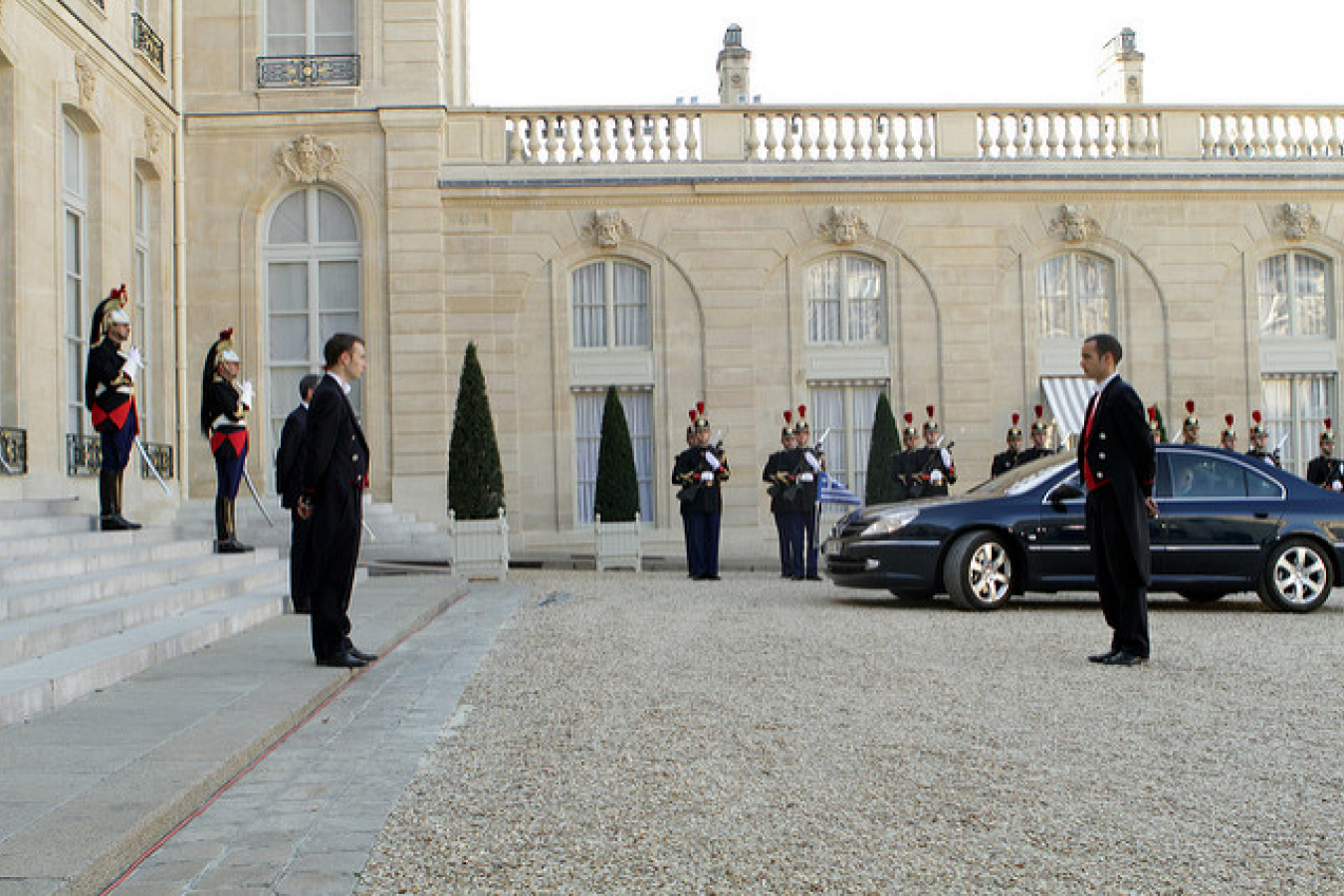Support migrant centric journalism today and donate

 • Watch This Video
• Watch This VideoImmigration through family reunification could become harder in France due to a new immigration bill drafted by Immigration Minister Brice Hortefeux. The bill would also seek to push integration into French society and update asylum rules.
 Just in June the new French President, Nicolas Sarkozy, created a new Ministry of Co-development, Immigration, Integration and National Identity. Mr. Hortefeux has been one of Mr. Sarkozy's closest allies for more than 30 years and is the only member of his friend's innermost circle to make it to the cabinet.
Just in June the new French President, Nicolas Sarkozy, created a new Ministry of Co-development, Immigration, Integration and National Identity. Mr. Hortefeux has been one of Mr. Sarkozy's closest allies for more than 30 years and is the only member of his friend's innermost circle to make it to the cabinet.
As for the changes proposed, foreigners wishing to bring their spouses and children to France will be required to prove that they can support their family. Immigrants will also be required to take a test on the French language and the values of French society. If an applicant fails, they will be required to take a two month course before going back for approval.
In addition, parents will be required to sign a contract that they will integrate their children into French society.
The bill would bring France's asylum rules in line with the European Union by allowing asylum-seekers to stay in the country while lodging appeals. If the bill passes into law, France's new Ministry of Immigration, Integration, and National Identity would deal with matters of asylum, placing the Department for the Protection of Refugees and Stateless Persons (OFPRA) under its jurisdiction.
Mr. Sarkozy's UMP party won a solid but unspectacular majority in parliamentary elections just one month ago. After the final round of French elections was concluded on 18 June, it was far from the 'blue tidal wave' that many had predicted for the conservatives.
Mr. Sarkozy made immigration reform in France one of the lynchpins of his successful bid for the presidency, even though there is far from a unanimous opinion on the shape such reforms should take. By moving swiftly and decisively now, his new Immigration Minister may well gain ground on the issue before extended debate can take its toll, similar to the complete meltdown in the United States Senate at the end of June.
The new French legislation is scheduled for debate before the Parliament in September.





















